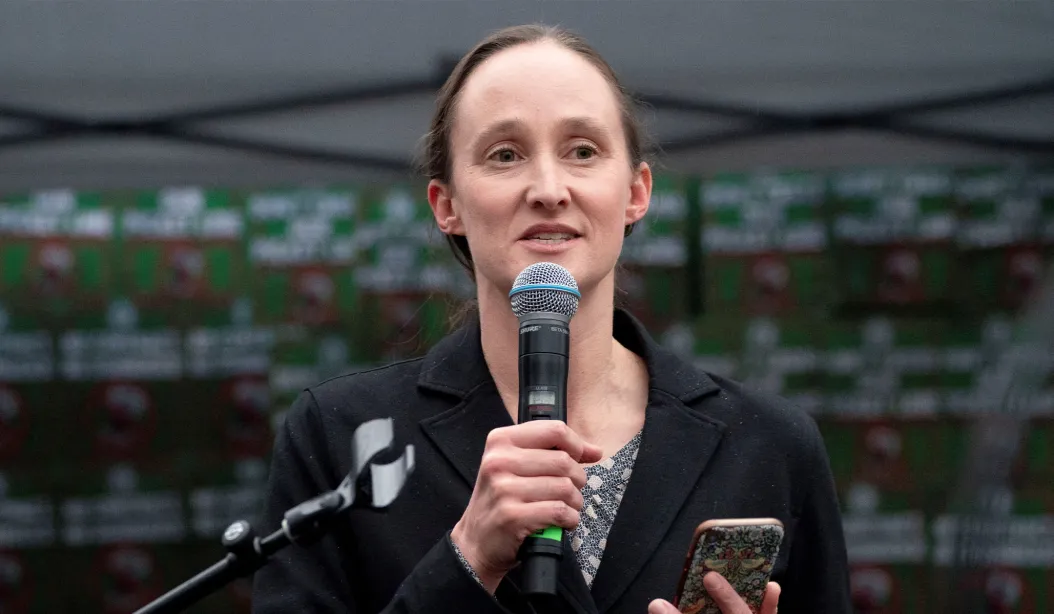![]() Download the full Policy Brief.
Download the full Policy Brief.
Introduction
On July 27th, we hosted the regular Washington Policy Center breakfast forum for our supporters at the U.S. Seafoods Building on the shores of Lake Union in Seattle.
We heard a presentation from Nicholas Kerr, who grew up in New Zealand and now lives in Seattle. Like Washington Policy Center, Nicholas is devoted to the idea that public policy should be set on an ethical basis that allows people, to the extent possible, to make their own decisions and learn from their own mistakes. As he explains it:
“I love being free. Free to say or do what I want. Free to make mistakes and not expect others to pick up the tab. Free to work hard and reap the rewards.”
For that reason we were particularly excited to hear about his experiences in his native New Zealand and what the people of his country learned when a policy of restrictive socialism was imposed on the economy, and what reforms a popularly-elected government adopted to escape from the policy failures of the past. Here are his remarks in full.
Remarks by Nicholas Kerr
Many of you may be familiar with New Zealand’s reforms from an economic perspective, so I’m going to spend more of my talk focused on two other areas:
- How policies before and after the reforms impacted individuals;
- How the key players succeeded in implementing the reforms.
As a young New Zealander in the period before 1984 and the following decade of reforms, I’ll be speaking from personal experience about their impact. And I’ll be discussing their implementation as the son of an economist who was a key figure in making them come about.
My father, Roger Kerr, was a director of the New Zealand Treasury when the snap election was called in 1984. He and a team of economists drafted a detailed document called Economic Management. This was presented to the incoming Labour Government, which won the election amidst a currency crisis.
Speculators had correctly bet in the closing weeks of the campaign on the likelihood, given the clear need for one, of a post-election devaluation. Several of the party’s new ministers were already inclined towards some of the Treasury’s policy recommendations. This combined with the crisis meant Economic Management was well-received by some senior ministers, and it is widely regarded as having formed the foundation for the reforms that followed. An indication of how well it was received is that it was subsequently published, something no previous government had done.
Two years after the election, Roger was approached by the chief executives of the country’s major corporations who had formed a group called the New Zealand Business Roundtable. They wanted to appoint an executive director and formalize its operations.
He felt it was important that the business community support the reforms and turn their back on their past habits of lobbying for favors and corporate welfare. Under my father, it became a think tank, much like the Washington Policy Center, with a formal mission of advancing policies in the interests of all New Zealanders. It favored free markets and limited government.
![]() Download the full Policy Brief.
Download the full Policy Brief.




